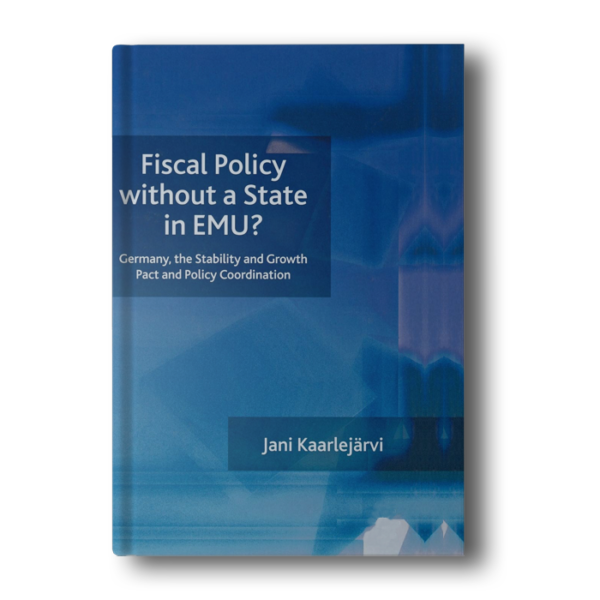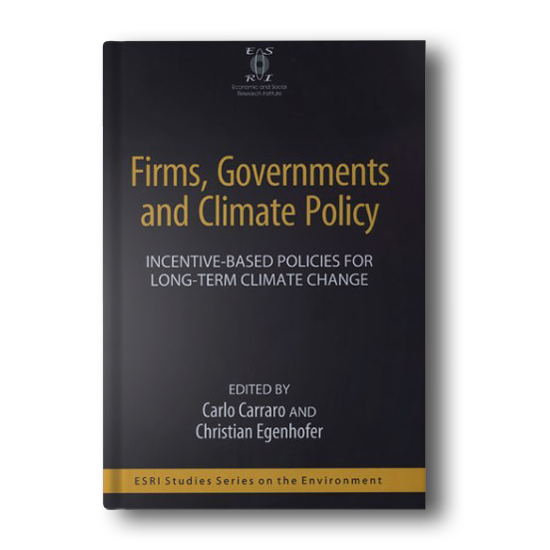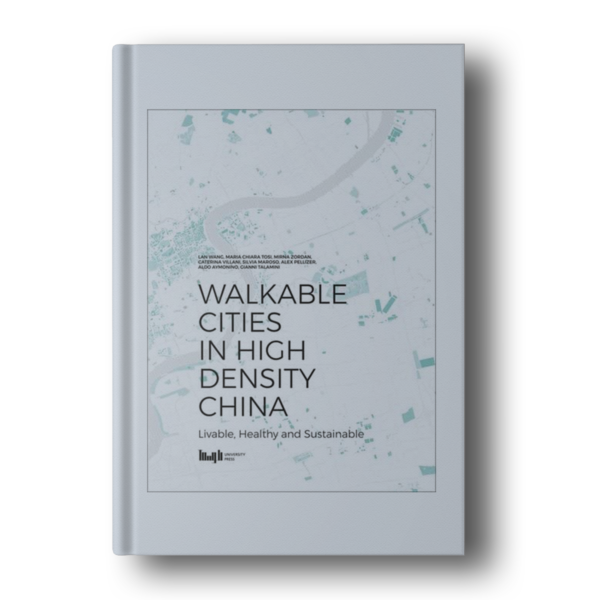The Kyoto Protocol to reduce greenhouse gases (GHGs) in the majority of industrialised countries is the first small step on the way to an effective climate policy. In the long-term, climate policy will call for greater GHG reductions and the full participation of the global community. The five integrated chapters of this book review theoretical findings and empirical evidence in the search for the right incentives which could induce firms and governments to undertake GHG abatement measures.
This book analyses the policy mixes that provide the best possible incentives for firms and governments to act on climate change and sign up to international climate agreements. In doing so, the authors address a multitude of related issues including the linkages between flexible mechanisms and voluntary agreements; regulation and taxation; the opportunities and barriers of the Kyoto Protocol for industry; and the incentives for firms to undertake climate-related R&D and investments. As well as illustrating the environmental benefits and cost-effectiveness of alternative policy mixes in reducing GHG emissions, the authors also offer sensible policy prescriptions for increasing the numbers of countries that ratify and implement climate agreements.
Environmental and resource economists, environmental scientists, climate analysts and policymakers should all read this book which offers an authoritative contribution to what is arguably the most critical contemporary environmental policy issue.















Reviews
There are no reviews yet.